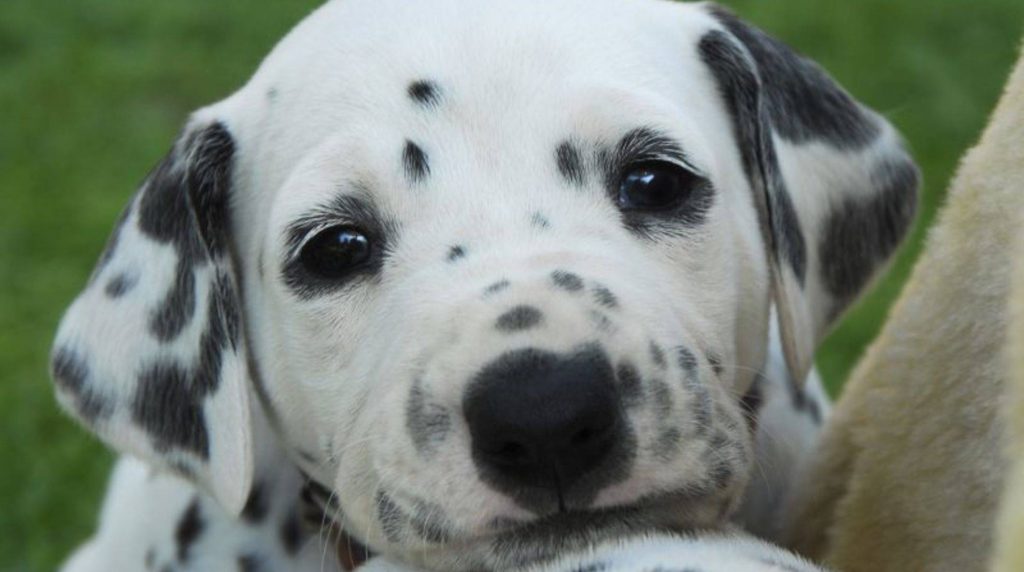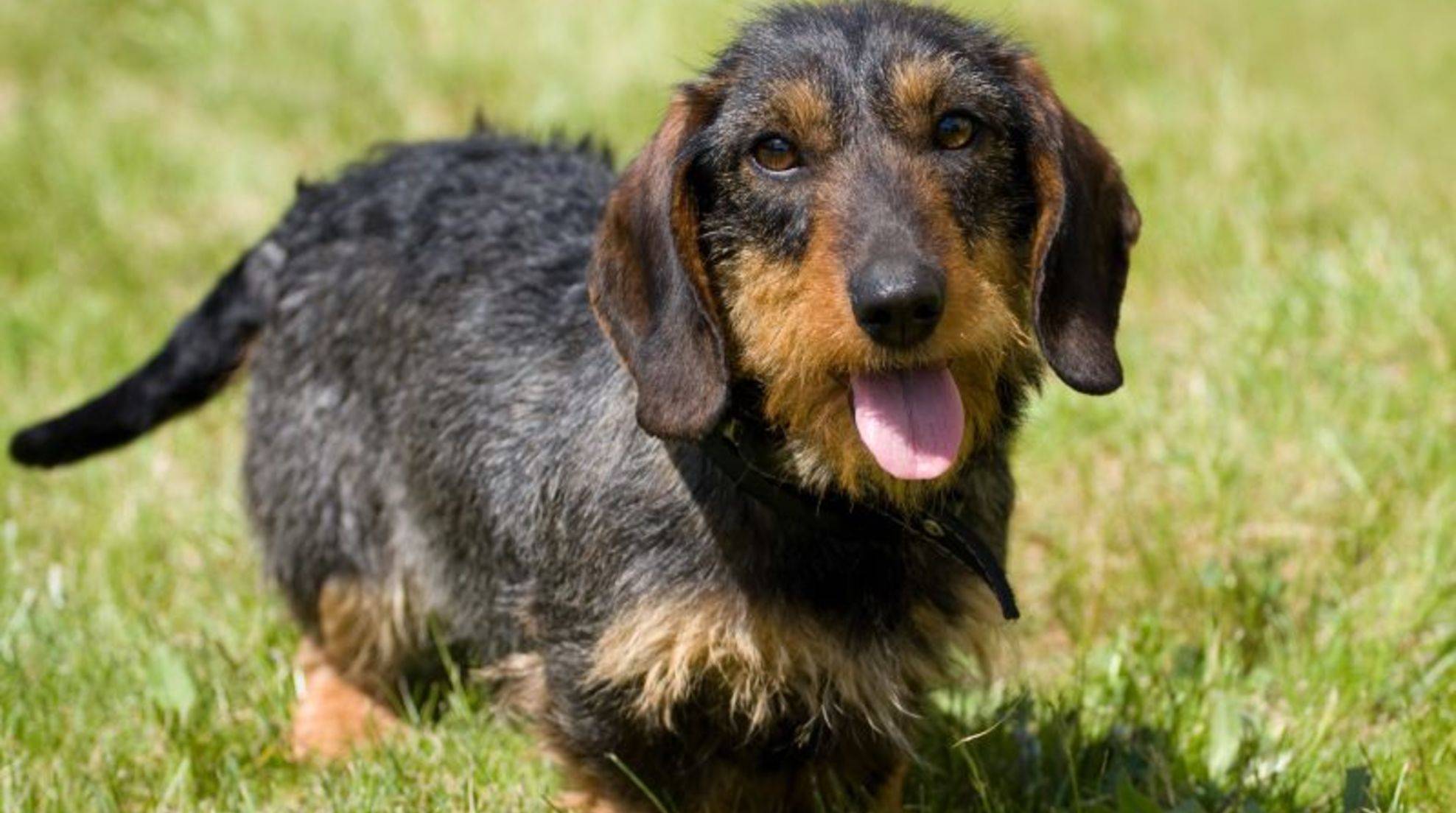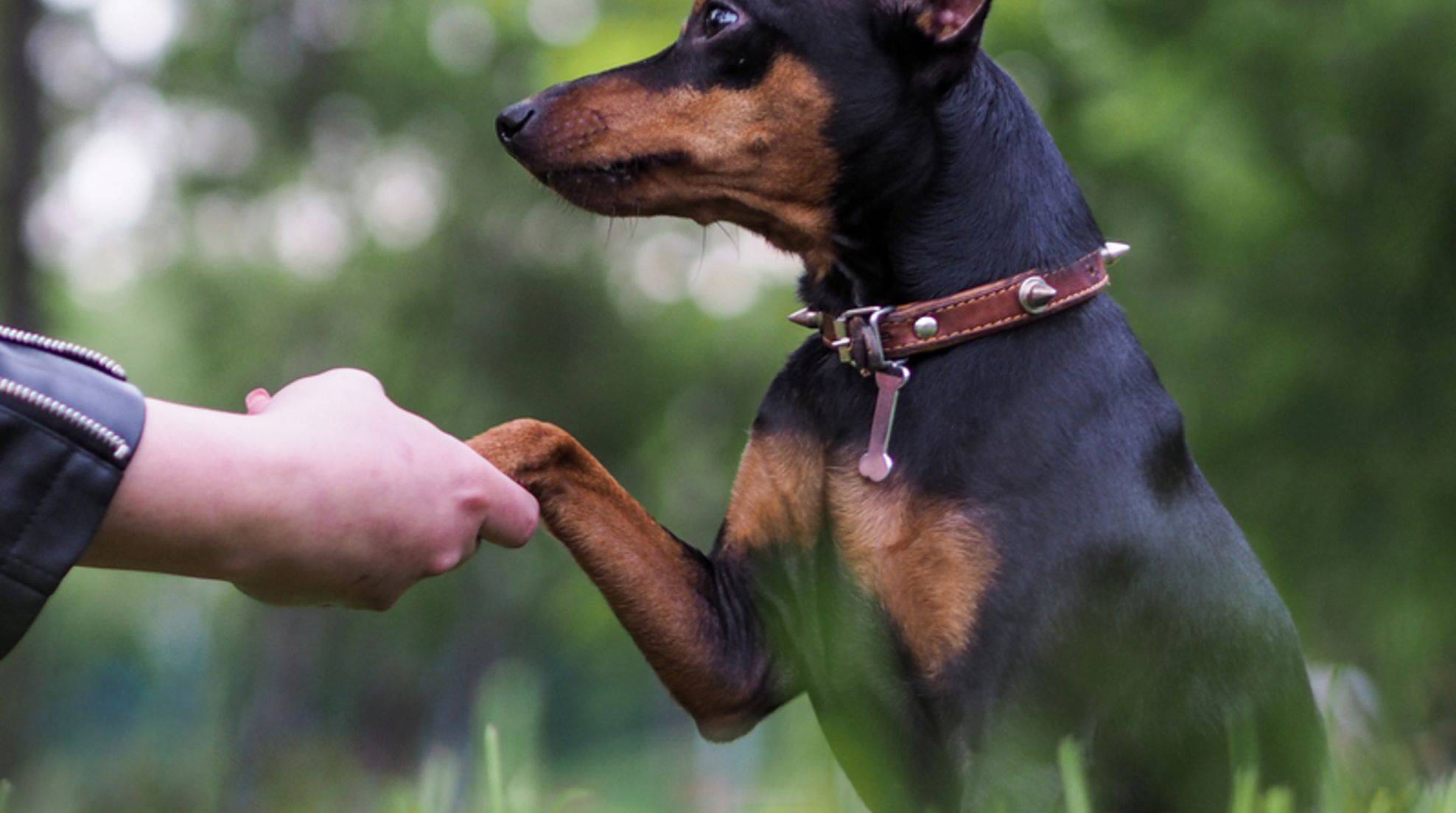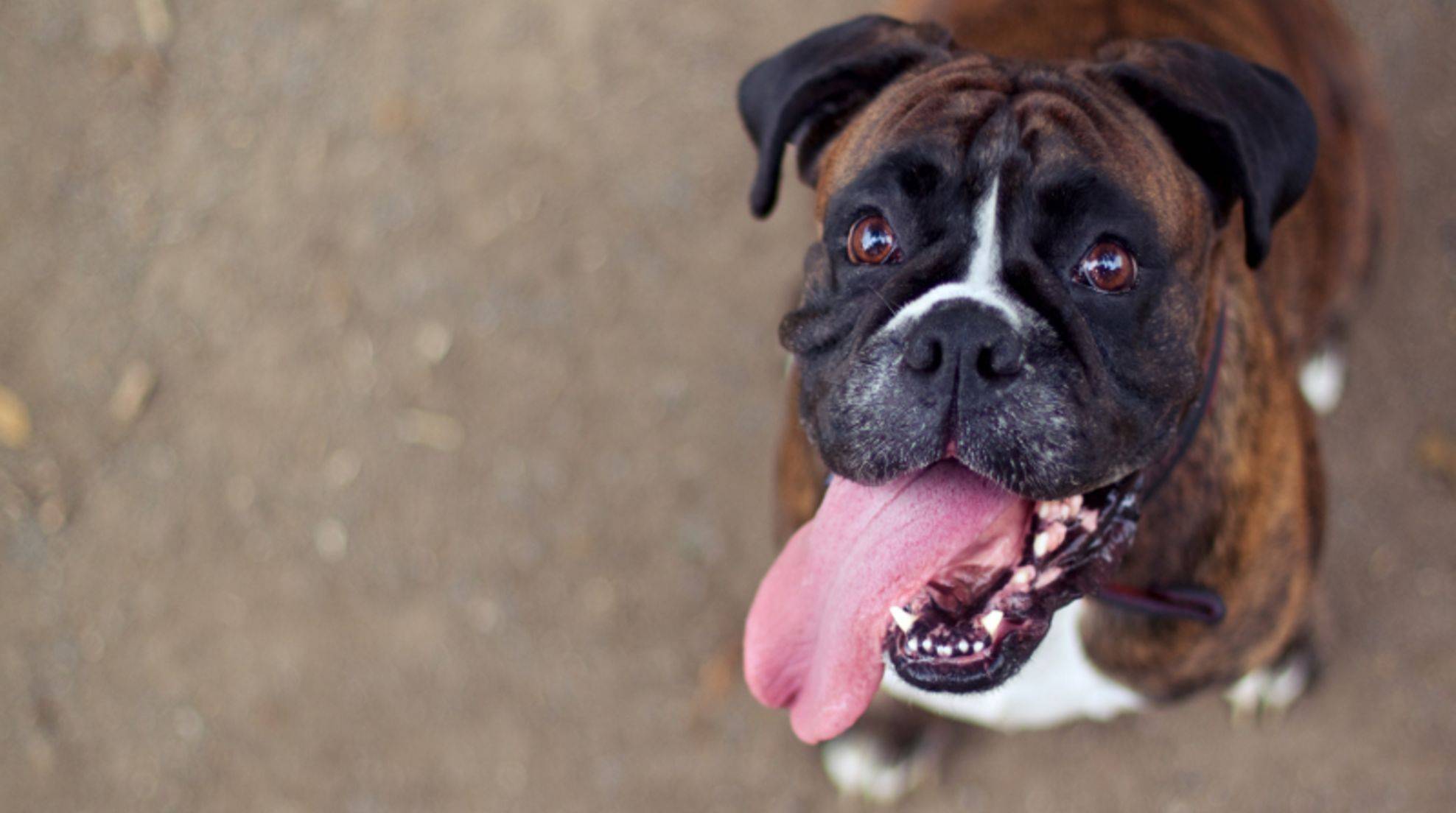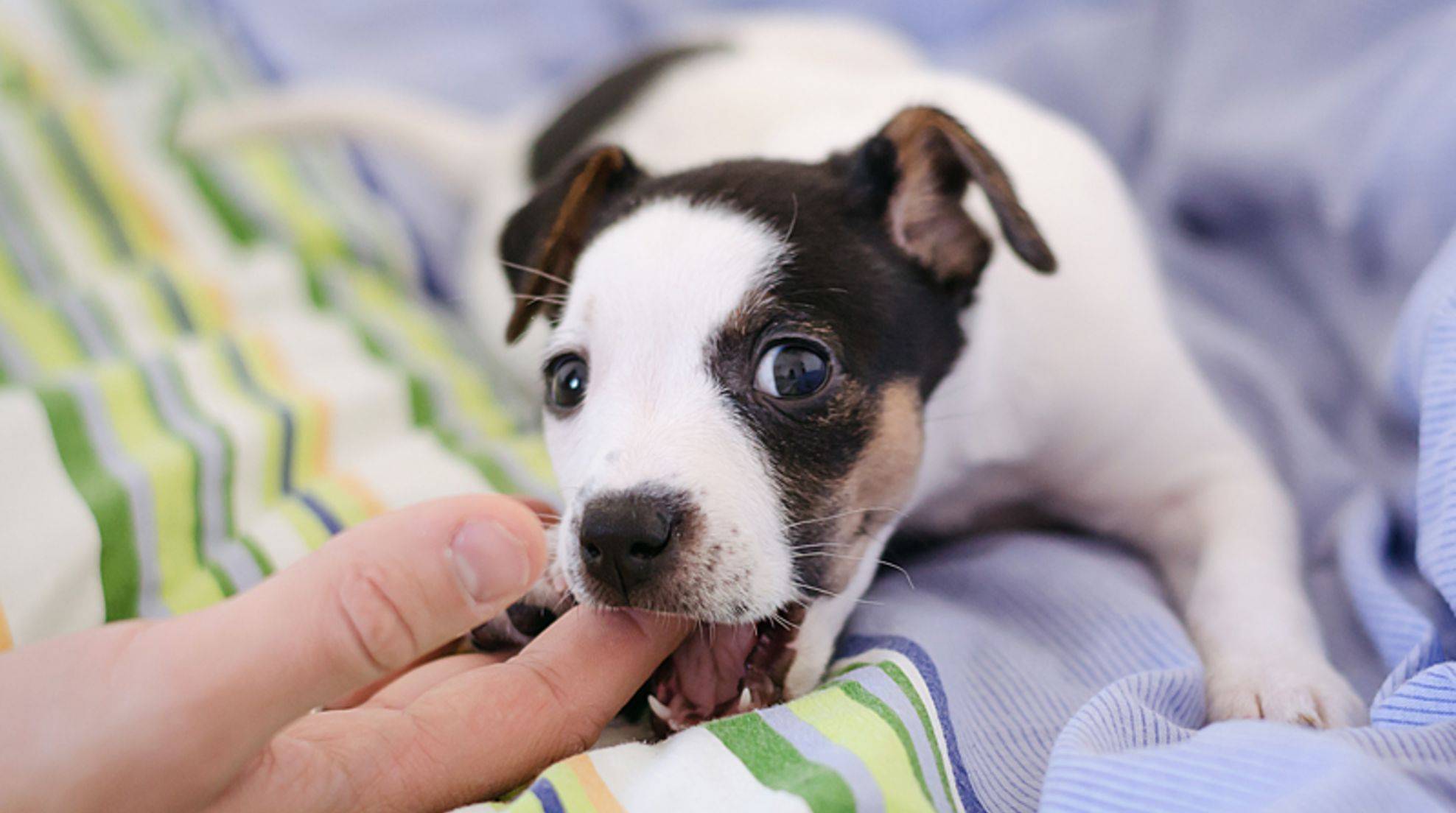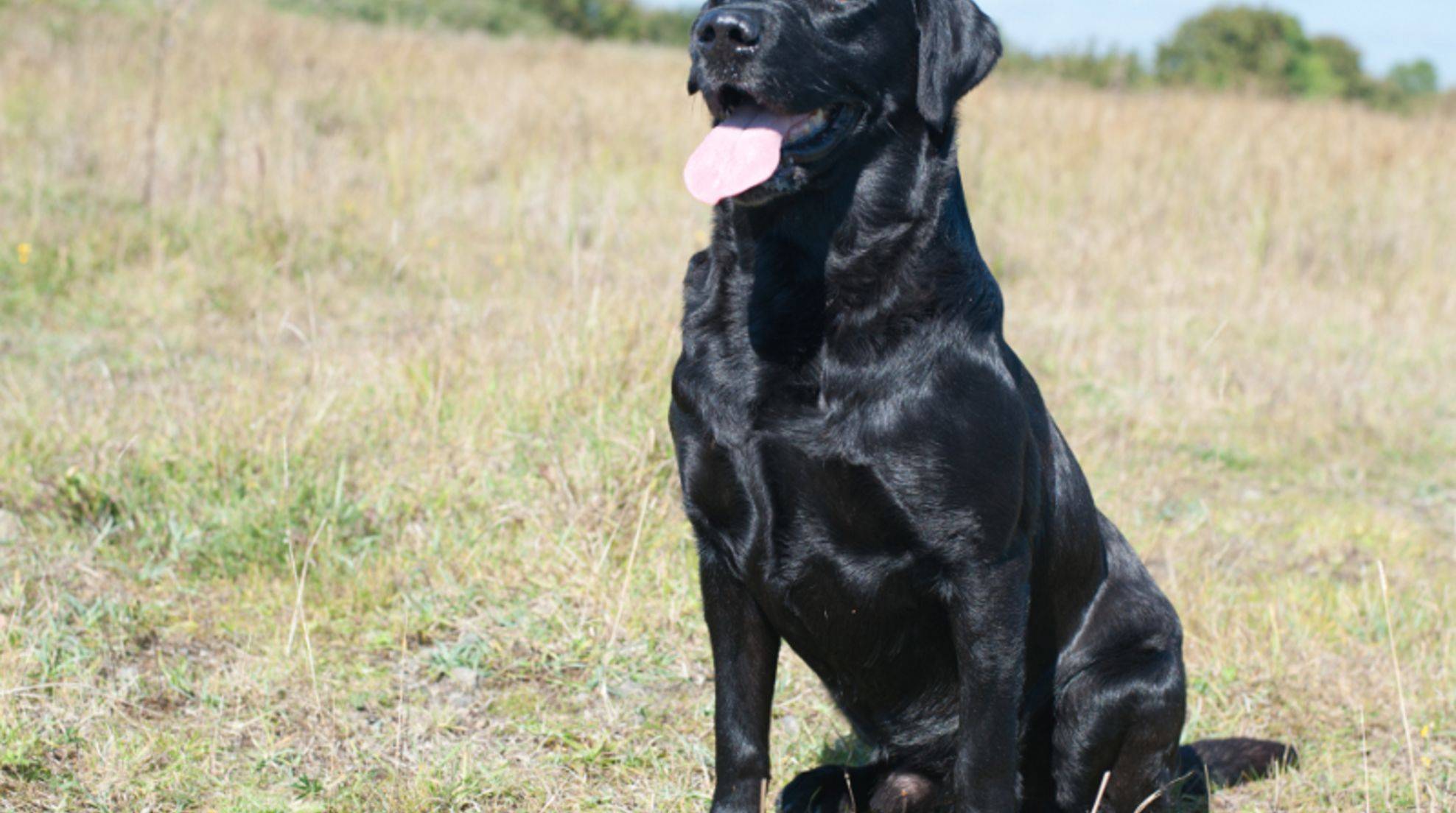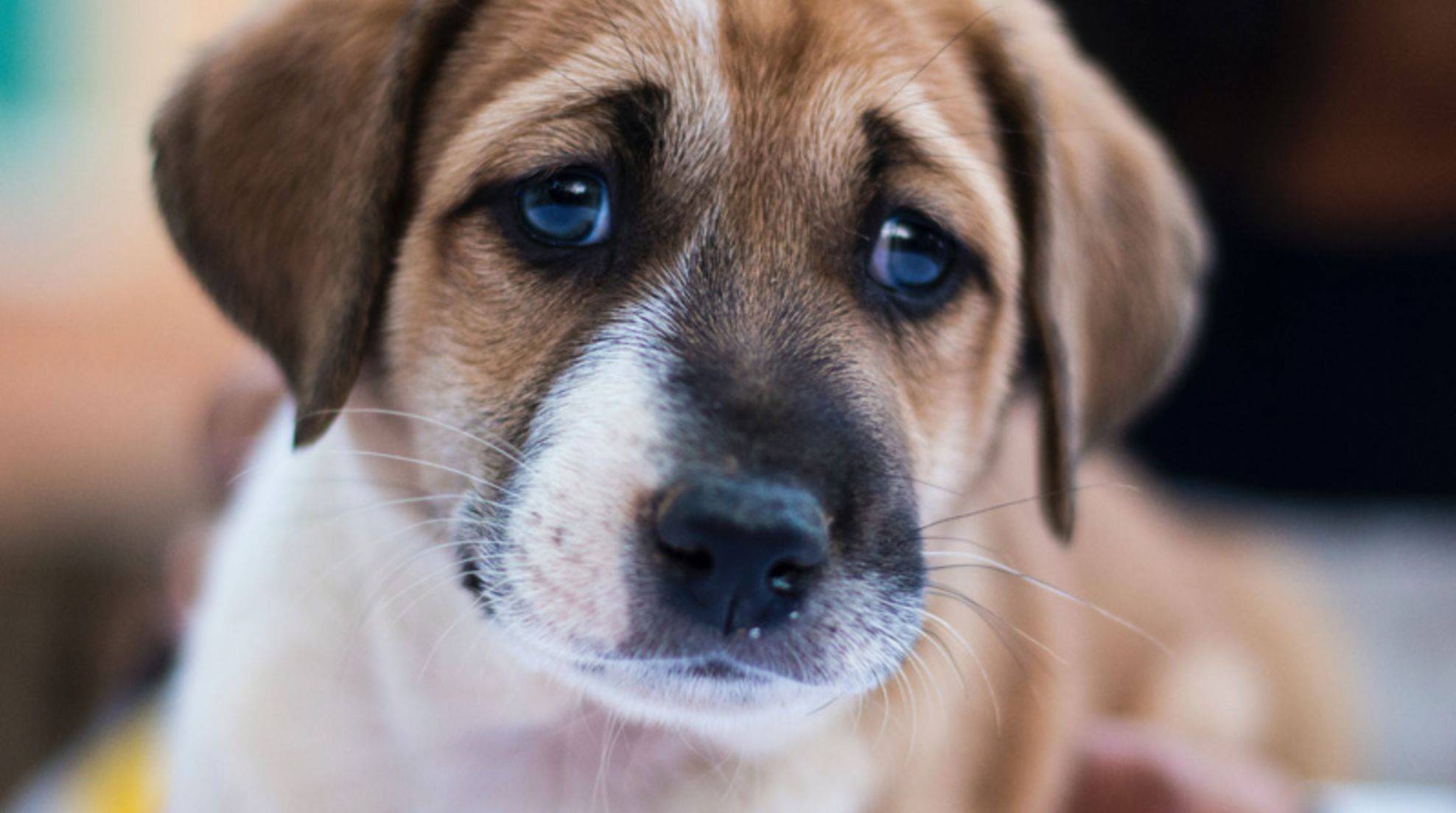Dalmatians: nature and character of the beautiful dogs
Clever, fun-loving and very active: Dalmatians charm not only with their pretty appearance, but also with their lively and affectionate nature. Who wants to acquire a dog of this breed, but should first think carefully whether the character of the four-legged friend really suits him.
In order to find out, you should inquire well about the nature and the optimal keeping conditions of a Dalmatian before the acquisition. Of course, each Dalmatian is individual, but you will find the characteristics discussed below in many representatives of this dog breed.
Dalmatians: Lively dogs that need clear rules
A well-behaved, sweetly treated and well-used Dalmatian has a happy, playful and affectionate nature. He is a smart, adaptable family dog who needs lots of love and is sensitive to pressure and stress: Anyone who meets the Dalmatian with too harsh or unfair dog training will most likely get to know him from his stubborn side. Praise, on the other hand, will achieve much more with him, so positive reinforcement is the best training method for him.
Despite their sensitivity, Dalmatians are definitely self-confident dogs with strong characters that can become stubborn if you don’t take the lead. It is important that you don’t use an authoritarian style of leadership and definitely don’t try aversive training methods on your dog. Instead, you can use clear instructions, consistency and patience to ensure that your Dalmatian follows you of his own accord. If you use clear commands and regular training to ensure that your four-legged friend understands what you want him to do, but at the same time treat him lovingly, he will voluntarily follow you.
Nervous nature? Prejudices against Dalmatians
For a while there was a rumor that Dalmatians were nervous and even aggressive in character. This was due to the fact that the dog breed with the black dots experienced a boom as a result of the Disney cartoon “101 Dalmatians” in the 1970s. Unscrupulous breeders and inexperienced breeders followed the trend and bred the dogs without paying attention to their mental well-being and decent socialization from puppy paws.
If dogs do not grow up in a safe environment from birth and get to know other people, conspecifics and other animals as well as everyday noises at an early age, they are particularly skittish later on. Some then compensate their fearfulness and nervousness with aggression. However, this has nothing to do with the breed, but with a lack of socialization and education.
History of the dog breed and importance for its character
Dalmatians are a very old dog breed and it has not been handed down beyond doubt what their original purpose was. However, they later proved their worth in Great Britain and the USA as companion dogs of horse carriages. In the USA they were frequent companions of the fire department when their carriages were still pulled by horses. By their barking they drew attention to the arrival of the fire department, so they were a kind of siren on four paws. They also guarded the carriages and kept stray dogs away. It is also believed that Dalmatians acted as guard dogs on farms, chasing away pests from the farm.
For its nature, this means that mainly character traits such as alertness, intelligence and attention, as well as versatility were taken into account in breeding. In addition, the dogs are physically enduring and capable of making independent decisions when needed. At the same time, however, they feel very comfortable in the company of people and help their two-legged partner with great pleasure.
The Dalmatian and its nature: Occupation is important
The Dalmatian is very lively, which he shows only outside, if he is properly exercised. He loves to run and does this with a lot of endurance. Occupation for the little head is a must for the intelligent dog. The four-legged friend feels best in a family where there is a lot going on. He also gets along with children, as long as they do not tease him or treat him as a toy.
As a city dog or animal that is constantly alone or mentally and physically underchallenged, he would not only become unhappy, but could also develop behavioral problems. So overall, the Dalmatian is an advanced dog that needs an owner who is well versed in the breed and its characteristics!
Dog sports for the Dalmatian
In order for your Dalmatian to really let off steam, it is recommended that you engage in regular dog sports with him. Dog dancing, for example, is both mentally and physically a great activity for the pretty spotted bearer. But agility and obedience training also come into question.

